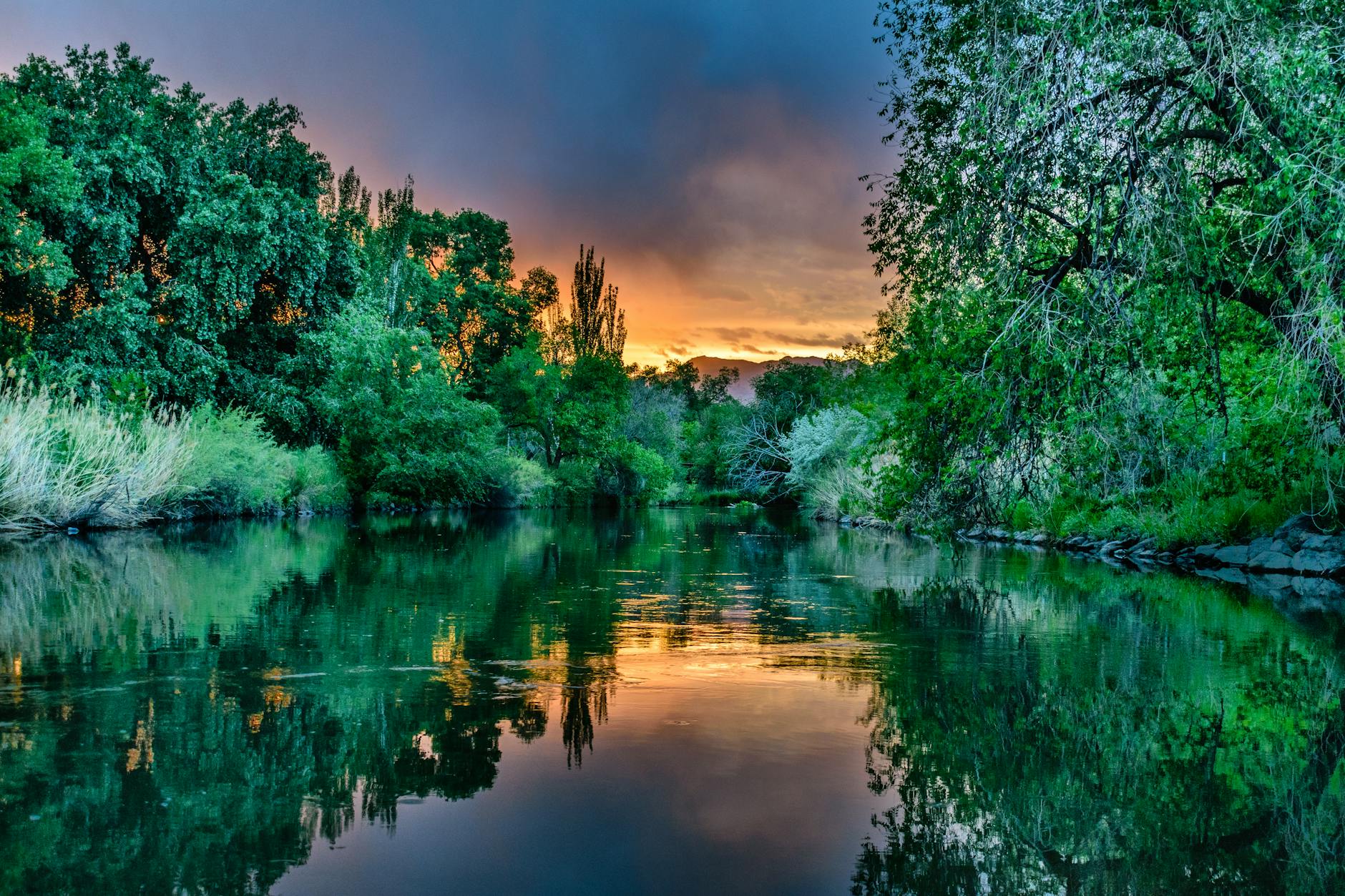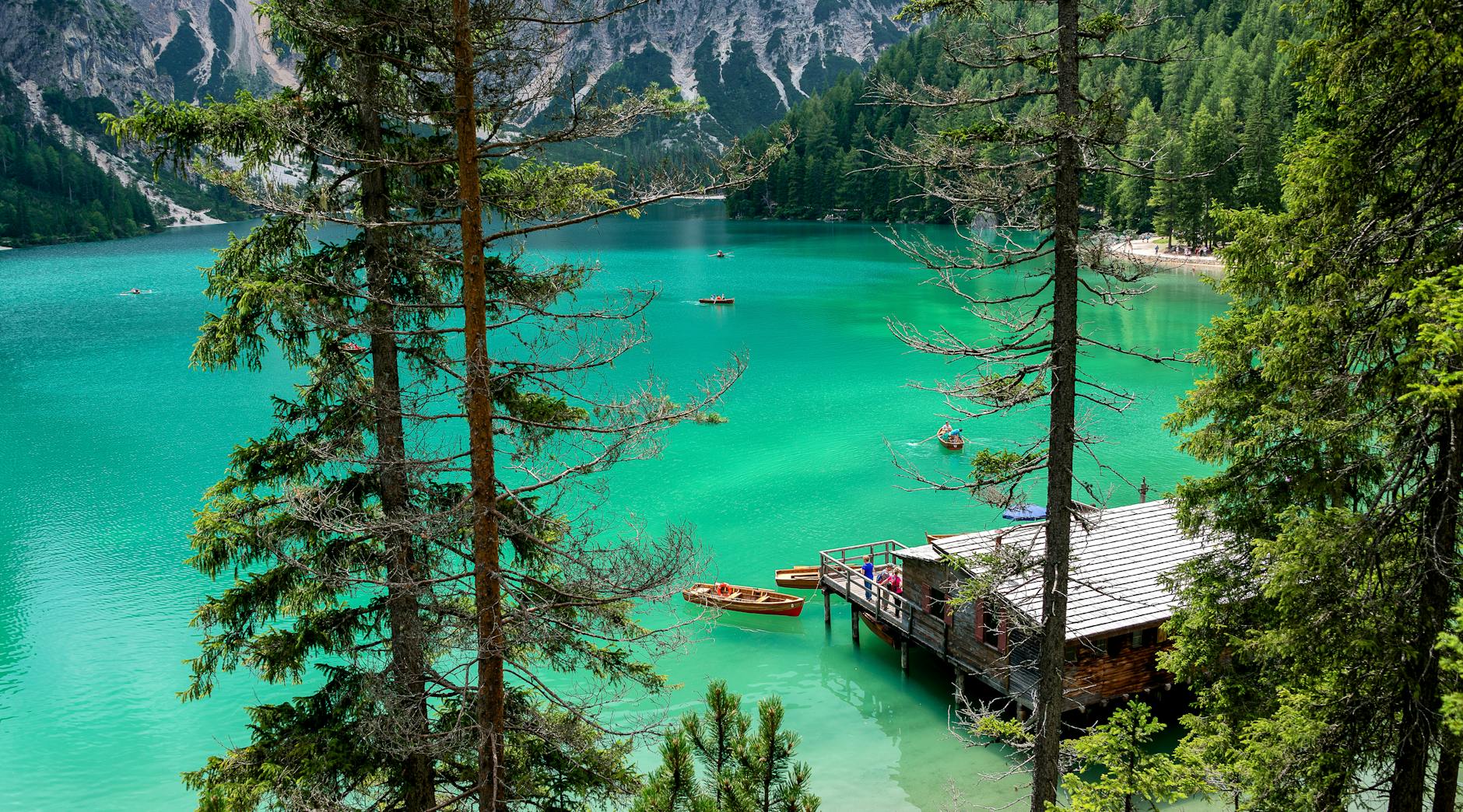Is Eco-Friendly Travel in Australia the Key to Preserving its Wildlife?

Exploring Eco-Friendly Travel Basics
Embracing eco-friendly travel isn't just about reducing your carbon footprint; it's also a profound way to connect with nature while ensuring its preservation for future generations. A core principle of sustainable tourism involves making conscious choices that benefit local communities, wildlife, and ecosystems. In Perth, we can draw inspiration from initiatives like those found at Kings Park and Botanic Garden, where conservation and public engagement play a pivotal role in sustainability.
Wildlife conservation goals are fundamental in Australia, particularly in how we integrate them into travel. The aim is to protect unique species and habitats through responsible practices, like adhering to wildlife-watching guidelines or supporting community-led conservation programs. Whether you're embarking on a Galapagos cruise or exploring the wonders of Central America tours, it’s important to align your travel choices with these conservation principles.
To minimise travel impact, consider eco-friendly travel tips like opting for public transport, packing reusable items, and booking accommodations committed to green practices. Additionally, small actions—such as picking up litter or choosing Arctic cruises that prioritise sustainability—can collectively make a significant difference.
As environmentally conscious travellers, we hold the power to make choices that respect the planet and its diverse life forms. Through informed travel decisions, we can contribute to a healthier, more sustainable world.
Exploring Eco-Friendly Travel Basics
Core Principles of Sustainable Tourism
Sustainable tourism embodies travel habits that respect cultural heritage, support local communities, and minimise environmental impact. These principles serve as a guide to reduce your travel footprint while exploring destinations. Engaging with crucial conservation efforts, similar to the enlightening exhibits at the Western Australian Maritime Museum, allows travellers to understand the balance between tourism and sustainability. By embracing local customs, opting for eco-friendly accommodations, and choosing public transport, you can consciously contribute to a destination's ecological health.
Wildlife Conservation Goals in Australia
Australia plays a vital role in global conservation with its incredible biodiversity. Protecting native species means participating in efforts akin to those undertaken by the Perth Zoo’s conservation programs. These initiatives focus on preserving habitats and revitalising endangered populations. Joining guided explorations or eco-educational tours can offer insights into such conservation projects. Wildlife enthusiasts can explore the continent's diverse landscapes with a responsible approach that respects the delicate balance between attraction and preservation.
How to Minimize Travel Impact
Minimising your environmental footprint while travelling requires conscious efforts. Simple actions like reducing plastic usage, conserving water, and supporting local organic products play a significant part. Participating in low-impact travel experiences such as Galapagos Islands tours or curated African tours can be eye-opening experiences that also promote conservation. Additionally, exploring South America tours can offer new perspectives on sustainable travel practices, encouraging more responsible tourism across pristine environments.
Wildlife Protection Initiatives
Key Species and Their Habitats
While many Aussies are familiar with the local wildlife initiatives at the Perth Zoo, exploring conservation efforts beyond our borders can provide inspiration. One of the most significant conservation projects outside Australia involves the diverse landscapes of Africa safari parks, where dedicated efforts work to preserve species like rhinos and elephants. These majestic creatures thrive in natural habitats that require protection due to poaching and habitat destruction.
Successful Conservation Programs
A standout example is the collaborative conservation program in Southern Africa that mirrors strategies familiar to Aussie conservationists. These programs focus heavily on anti-poaching efforts and community engagement, similar to what the Western Australian Maritime Museum showcases in its sustainability exhibits. By drawing lessons from these efforts, we can foster cross-continental collaborations that prove beneficial for both wildlife and their habitats.
Involvement in Local Wildlife Efforts
Although exploring South Africa tours offers a global perspective, there are also local ways to make an impact. Visitors to the Kings Park and Botanic Garden can engage with native species restoration projects. This integration of community-based activities enhances our understanding of sustainable practices and empowers us to contribute positively to wildlife conservation at home and abroad. These experiences inspire us to protect habitats and support global and local wildlife every time we travel.
Activities Supporting Conservation
Ethical Wildlife Watching Experiences
When setting off on a Kenya safari or even closer to home with Tanzania tours, it’s vital to prioritise ethical wildlife watching. Observing animals in their natural habitats calls for a respect-driven approach, much like the efforts seen in conservation programs at the Perth Zoo. As an environmentally conscious traveller, always ensure the tour operators you choose are committed to wildlife protection and don't disrupt natural behaviours for tourist satisfaction.
Volunteering for Eco-Projects
Engaging in volunteering activities is a powerful way to support conservation efforts. Whether planting trees or participating in bushland restoration projects, these tasks offer more than just environmental benefits; they provide deep personal enrichment. This hands-on approach mirrors local initiatives, such as the educational exhibits at the Western Australian Maritime Museum, which encourage sustainable thinking and action.
Community-Based Tourism Activities
Participating in community-based tourism activities can significantly contribute to local conservation efforts. Activities such as guided tours by indigenous communities not only offer authentic experiences but also distribute economic benefits directly to those dedicated to preserving their natural surroundings. Supporting such tourism models can enhance conservation goals similar to those upheld by Kings Park and Botanic Garden's dedication to native flora protection.
Being mindful of sustainability isn't just about limiting travel's impact but embracing opportunities that actively contribute to ecological preservation. By choosing ethical tours and local conservation initiatives, travellers can make a significant difference in protecting the wildlife and environments they love to explore.
Balancing Tourism Growth with Conservation
Finding the right balance between tourism growth and conservation efforts is like walking a tightrope, especially here in Perth, where we are surrounded by incredible natural treasures. The key lies in promoting responsible travel practices that safeguard our delicate ecosystems. Whether you're planning a walk through Kings Park and Botanic Garden or a trip to the Western Australian Maritime Museum, being mindful of your environmental footprint is essential. By choosing eco-friendly accommodations and supporting businesses committed to sustainability, you can contribute to preserving the stunning landscapes and unique wildlife of Australia.
Engage in Responsible Wildlife Interactions
When visiting the Perth Zoo, it's crucial to acknowledge the incredible conservation programs that protect endangered species. Engaging in ethical wildlife experiences not only enriches your travel but also supports local conservation efforts. Always keep a respectful distance from animals, adhere to guidelines, and avoid feeding wildlife to prevent disrupting their natural behaviors.
Choose Sustainable Modes of Travel
One practical way to reduce your travel impact is by opting for eco-friendly transportation options. Bike tours and public transport are fantastic ways to explore while minimising carbon emissions. The city's dedicated bike paths and efficient public transit system make it easy to traverse with less environmental impact.
By conscientiously integrating these practices into your travels, you're not only enjoying unforgettable adventures but also playing a part in maintaining the harmony between tourism and conservation. Lending in Australia yourself a new perspective on what it means to travel sustainably; your actions make a huge difference in preserving the natural wonders that make this region so remarkable.


